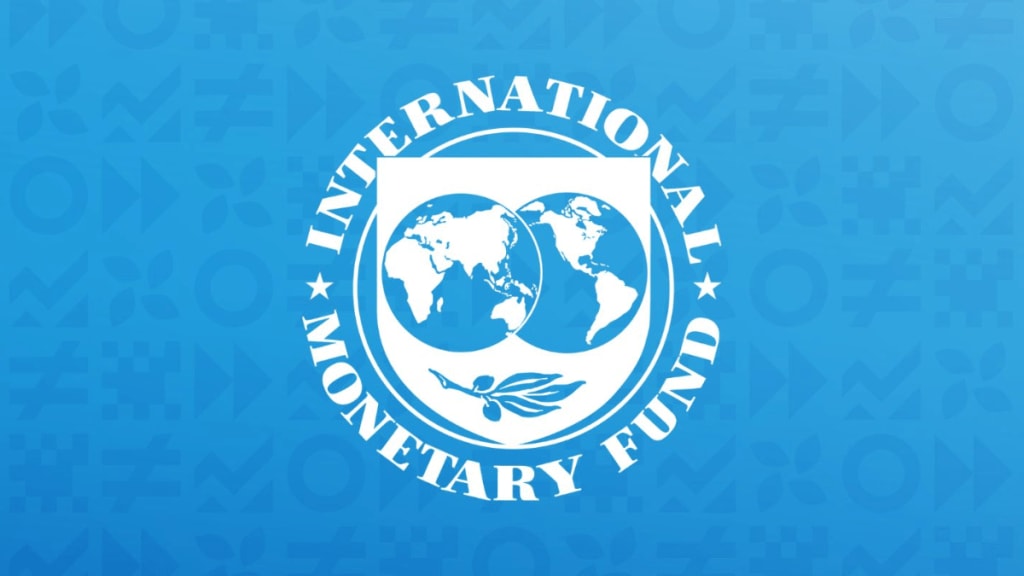India has expressed its appreciation for the International Monetary Fund’s (IMF) decision to impose 11 new conditions on Pakistan as part of its bailout package, while simultaneously raising serious concerns about the timing of the financial assistance. Government sources clarified that India is not opposed to financial aid intended for genuine developmental purposes but highlighted that the funds may have indirectly fueled Pakistan’s escalating defence expenditure.
“We are thankful for the additional 11 conditions imposed by the IMF on Pakistan. However, we are not against any financial assistance provided for genuine developmental agendas. We have raised questions regarding the timing of the recent bailout package given to Pakistan by the IMF,” said Indian government officials told ANI.
The sources further pointed to data indicating that Pakistan allocates around 18 percent of its general budget to defence spending, a figure significantly higher than many conflict-affected countries that spend between 10 to 14 percent. “All these arms and ammunition are then used by Pakistan against India,” the officials added.
According to public data cited by sources and reported by ANI, Pakistan’s arms imports saw an average increase of over 20 percent during years when it received IMF disbursements compared to years without such aid. This trend raises concerns about the possible indirect support of Pakistan’s military build-up through IMF funds.
The IMF’s staff report, released recently, underscored the risks posed by sustained or escalating tensions between India and Pakistan, warning that such developments could jeopardize Pakistan’s fiscal, external, and reform targets. The report noted that overall risks to the IMF program had increased due to these tensions.
Among the 11 new conditions set by the IMF are the approval of a Rs 17.6 trillion budget for Pakistan’s financial year 2025-26 aligned with IMF targets, the introduction of new Agriculture Income Tax laws with deadlines set for June 2025, and the publication of a governance action plan based on the IMF’s Governance Diagnostic Assessment. Additionally, Pakistan must prepare a financial sector strategy outlining institutional and regulatory plans from 2028 onwards.
On May 9, the IMF completed its review of the USD 1 billion Extended Fund Facility (EFF) for Pakistan and considered a new USD 1.3 billion Resilience and Sustainability Facility (RSF), bringing total disbursements under the USD 7 billion program to USD 2 billion so far.
(With ANI inputs)

